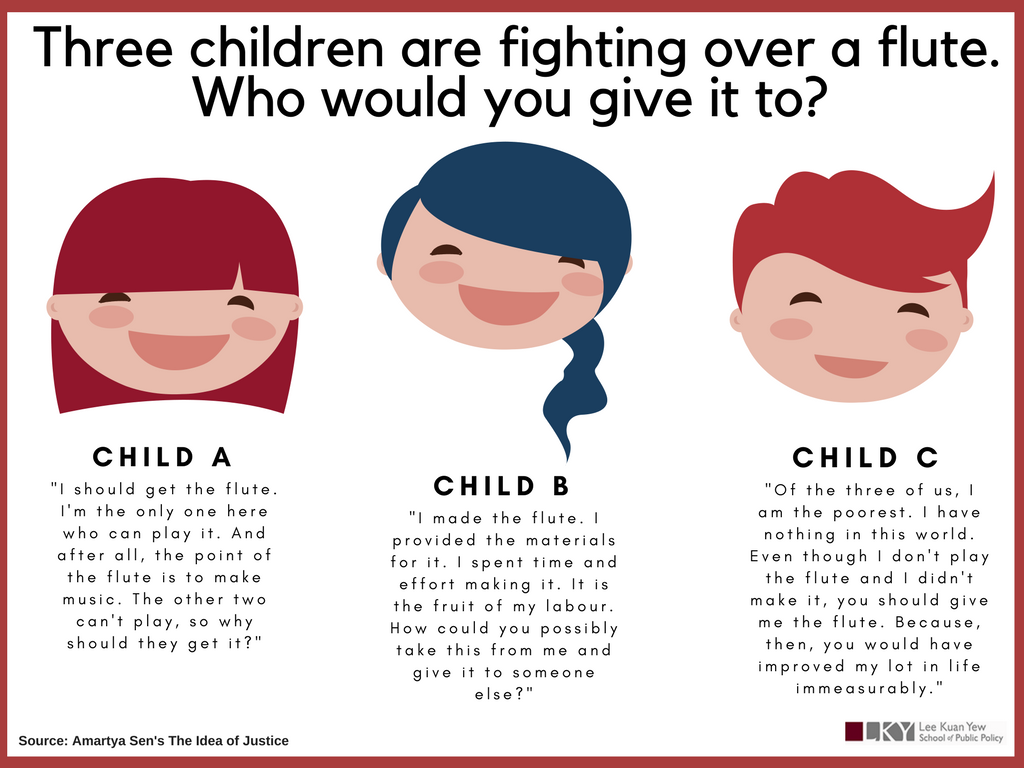Much of the commentary on
Budget 2018 has focused on measures such as the
impending hike in Goods and Services Tax, raising the
top marginal Buyer's Stamp Duty and, of course, the one-off SG Bonus arising from the
$9.6 billion budget surplus.
But Budget 2018 has also been notable for its silence on several issues. Commentators have lamented that more could be done to address inequality and poverty, as well as to support families having to care for the elderly.
One line of argument came from Associate Professor Donald Low, associate dean of the Lee Kuan Yew School of Public Policy, in his commentary ("To justify GST hike, emphasise universal benefits"; Feb 21). He wrote: "Perhaps most significantly, the Budget speech did not articulate a social policy vision, or a new social compact, that would persuade the majority of Singaporeans to accept a tax increase."
Well, yes and no.
Prof Low is right to say that no new social compact was articulated. But, through the various continuities and the reinforcement of key fiscal principles, one can clearly see a social policy vision - albeit one that has remained largely unchanged for a long time.
How best to understand "social policy vision"? Perhaps a thought experiment by economist and philosopher Amartya Sen, in his book The Idea of Justice, can help us flesh out this abstract concept.

To read the full article, please visit: http://news.nus.edu.sg/sites/default/files/resources/news/2018/2018-02/2018-02-28/Flute-st-28feb-pA18.pdf
Adrian W. J. Kuah is Senior Research Fellow at the Lee Kuan Yew School of Public Policy, National University of Singapore.